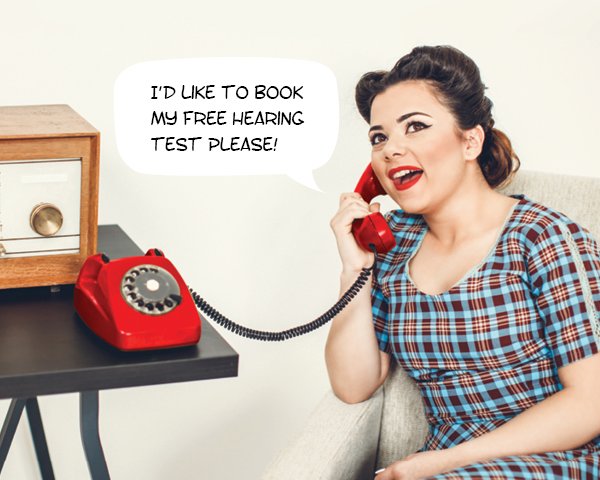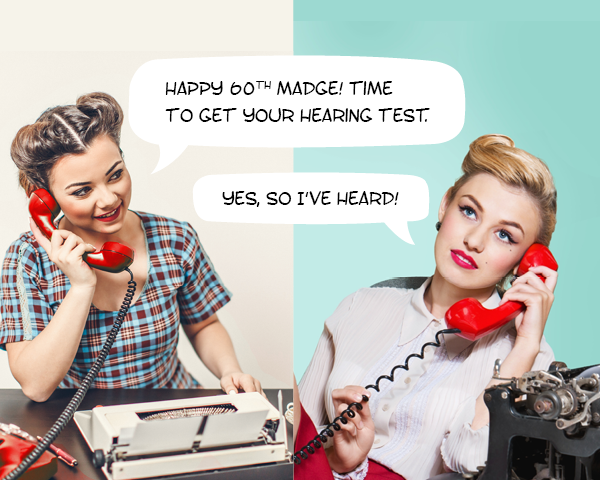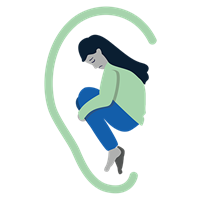

Give Back Program
Giving Back to Those in Need
Our Give Back program allows us to help people in need by providing brand new hearing aids to folks in our local communities. For every hearing test completed at one of our sponsor clinics, our sponsors will donate $4 to The Program. That means your test will provide $4 for the fund and so will your friend’s. The more people we test, the more people we help! See the stories of our Give Back program recipients.
Book your FREE hearing test
Help Us Reach Our Goal
You can help the Campaign for Better Hearing provide free hearing aids to those who cannot afford them by getting a complimentary hearing test.*

You’re 60, eh? (Don’t worry. You don’t have to disclose your age to us.) We just want you to know that The National Campaign for Better Hearing is an initiative with the simple, but lofty goal of providing a FREE hearing test to EVERY Canadian aged 60 and over. The reason is clear: research shows significant connections between hearing loss and other serious health problems like social withdrawal and isolation, depression, and mental fatigue. With nearly half of all Canadians over 60 suffering from hearing loss, this is a major issue.
So, if you are 60 or older, make a hearing test part of your regular wellness protocol and treat hearing loss in its early stages. To find out more about how the National Campaign for Better Hearing is improving lives, click here.
Possible Effects of Untreated Hearing Loss
Hearing loss may affect how well you remember.¹
Recognize the signs of hearing loss
How to Support the Campaign


The Gift of Hearing
Hearing loss affects all types of people of all ages. Our Give Back Program provides hearing aids to those that can't afford them. Each story is unique. Every recipient can now enjoy life's precious moments more fully.
We will continue to announce new individuals living across the Canada who receive free hearing aids throughout the year.
Meet Hearing Aid Recipients
1.Gallacher J, Ilubaera V, Ben-Shlomo Y, et al. Auditory threshold, phonologic demand, and incident dementia. Neurology 2012; 79: 1583–90.
2.Pichora-Fuller MK. (2008a) quoted in Convention News, “Celebrating 20 Years, AAA is Hear to Stay” from: Advance for Speech-Language Pathologists and Audiologists. By Jason Mosheim, speech-languagepathology-audiology.advance.web.com/editorial.
3.Beck DL, Clark, JL. Audition matters more as cognition declines and cognition matters more as audition declines. Audiology Today. 2009;(3):48-59.
4.Packer, Lisa. “Research shows severity of tinnitus is related to emotional processing.” Healthy Hearing. Accessed April 16, 2019.
5.Jung D, Bhattacharyya N. Association of hearing loss with decreased employment and income among adults in the United States. Ann Otol Rhinol Laryngol. 2012;121(12):771–775. [PubMed]










